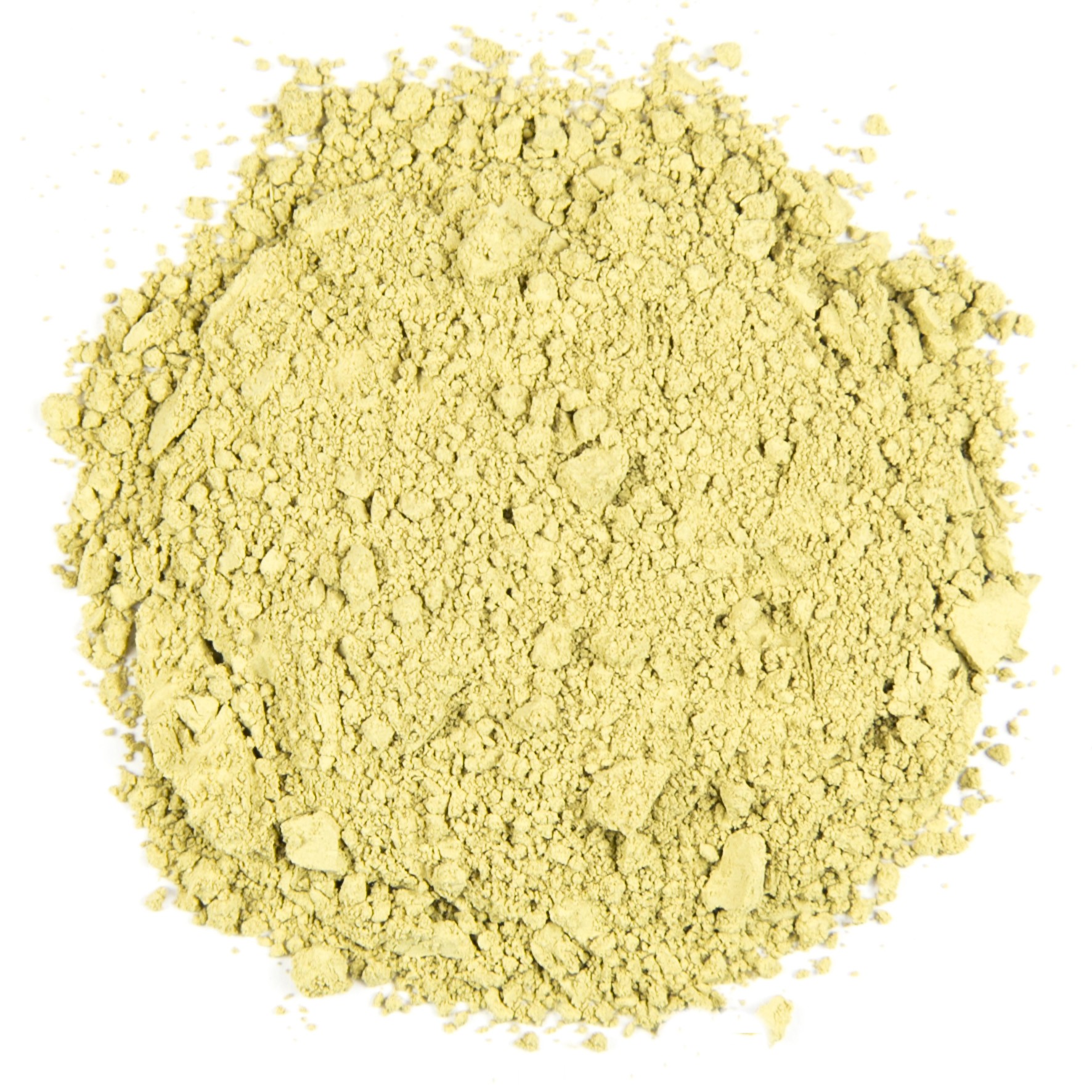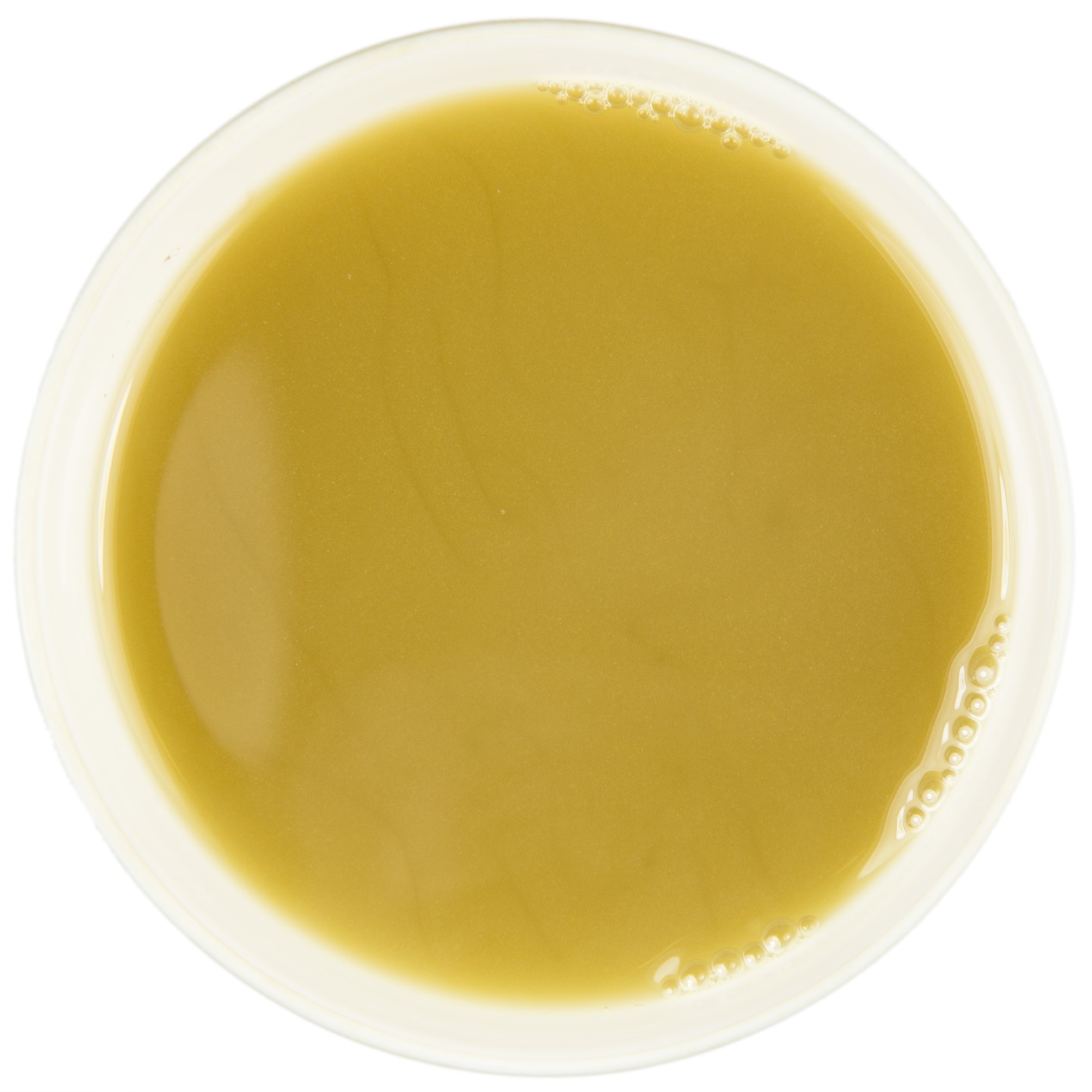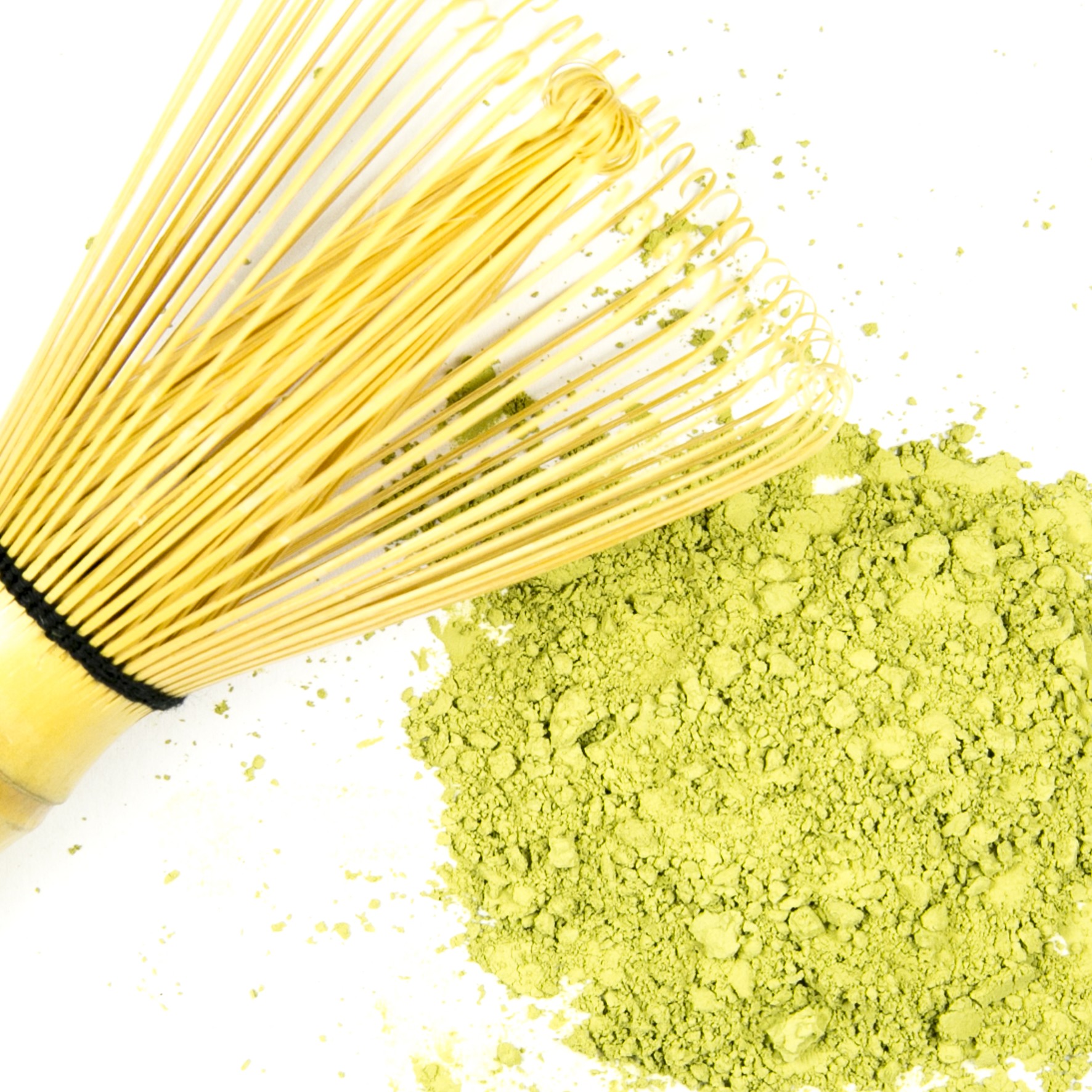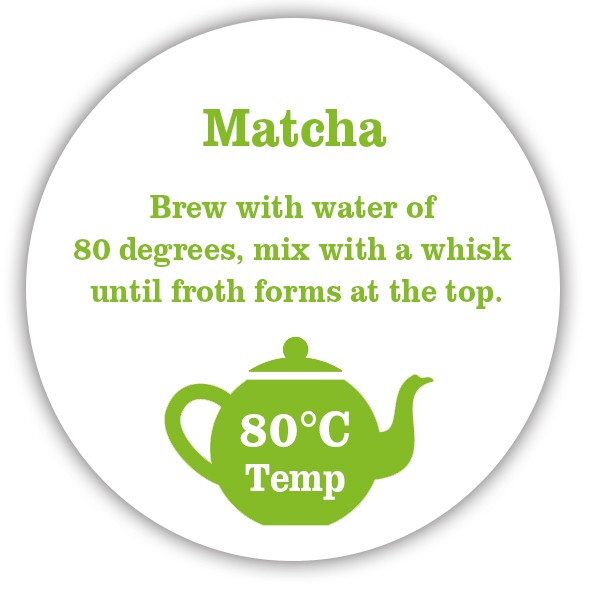White Tea- African white tea- White Matcha
About Product
-
Product Description
Kenya White Matcha Tea is a type of African White Tea that has been ground into a fine powder. The result is a wholesome infusion that boasts an unparalleled ability to promote your health and wellness.
Brimming with vitamins, minerals and antioxidants, it also offers a distinct grassy flavour with mild earthy undertones. Buy it and try it here at The Kent and Sussex Tea and Coffee Company.
About Matcha Tea from Kenya
The cultivation of Tea has taken place in Kenya since 1903. However, it didn’t become commercially viable until 1918. The creation of White Kenya Matcha Tea, in particular, wouldn’t happen for several more decades.
It is now a popular Type of Tea that grows at high altitudes to avoid the use of pesticides. The leaves are shade-grown for two weeks to produce large quantities of amino acids and chlorophyll.
By increasing the amino acid and chlorophyll levels in Matcha, the Loose Tea’s nutritional value enhances considerably. This is further increased by the grinding of the leaf into powder, which means that its antioxidant strength becomes at least 137 times more than “standard” Tea.
It’s worth noting, too, that White Tea contains more antioxidants than Green Tea at the best of times – a win on all fronts!
How to Make Kenya White Matcha Tea
- Add 1-2 tsp of White Tea Matcha to a cup or bowl per person.
- Pour in a small amount of hot water left to cool to temperatures between 75°C and 80°C.
- Whisk the Tea until it becomes frothy.
- Fill the cup or bowl with more hot water to serve.
How to Serve: Best served without additions.
Tasting Notes: Imparts grassy characteristics with subtle earthy hints.
Kenya White Matcha Tea Benefits
The abundance of beneficial chemical compounds found in Kenya White Matcha Tea has been established to improve life in small yet significant ways. For instance, studies have indicated that it promotes weight loss by boosting the metabolism of fat cells.
Furthermore, preliminary research points to it enhancing cognitive function, lowering “bad” LDL cholesterol and reducing diabetes risks.
Please read our White Tea Benefits articles for more details.
-
Delivery Information
We offer reliable delivery services through Royal Mail to ensure that your orders reach you on time.
Here are the main points you should be aware of:
- Standard UK Delivery: £3.95 excluding delivery charge.
- Delivery Times: Orders are processed and dispatched within 2-5 working days but they may take longer during busy times. It is worth noting that all our orders are packed by hand in order to maintain the quality.
- Free Delivery: We are delighted to provide free shipping for UK orders over £35*. Moreover, customers from Europe can enjoy free shipping for any purchase above €75*. Furthermore, we offer free delivery in the USA for all purchases exceeding $125*. Please note terms and conditions may apply.
- Tracking: When your package is sent you will receive a tracking number via email so as to keep tabs of its progress.
International Shipping
We do ship worldwide meaning our products can be accessed by anyone around the world.
Here are some important details:
- Delivery Times: International deliveries vary based on destination, generally taking between 7-14 working days.
- Shipping Costs: International shipping costs are calculated at checkout based on your location and weight of your order. View full delivery charges for your location.
- Customs and Import Duties: Remember customs or import duties may exist depending on regulations in your country; these charges are borne by the customer.
Returns Policy
Your satisfaction is our top priority, however if for any reasons you’re not completely happy with your purchase, simply follow our returns procedure:
- Eligibility: Items returned within 30 days of receipt must remain unopened and in their original condition.
- Process: In order to return an item contact our customer service department using your unique order number after which detailed instructions will be given concerning returning them back to us securely.
- Refunds: Our aim is to refund you within 5-7 working days upon successful reception of returned goods. The refund amount will be credited to your original payment method.
For any other Enquiries or help please contact our Customer Support Team always at your service.
-
Product Reviews

 Loose Leaf Tea
Loose Leaf Tea Pyramids
Pyramids Tea Bags
Tea Bags Africa
Africa Assam
Assam Ceylon
Ceylon Chinese
Chinese Darjeeling
Darjeeling European
European Indian
Indian Japan
Japan Nepal
Nepal South East Asia
South East Asia Ayurveda Tea
Ayurveda Tea Black Tea
Black Tea Chai Tea
Chai Tea Flowering Tea
Flowering Tea Fruit Tisanes
Fruit Tisanes Green Tea
Green Tea Herbal Tea
Herbal Tea Matcha Tea
Matcha Tea Oolong Tea
Oolong Tea Organic Tea
Organic Tea Pu erh Tea
Pu erh Tea Rooibos Tea
Rooibos Tea White Tea
White Tea Asian Coffee
Asian Coffee Caribbean Coffee
Caribbean Coffee Central American Coffee
Central American Coffee South American Coffee
South American Coffee Coffee Blends
Coffee Blends Decaffeinated Coffee
Decaffeinated Coffee Espresso Coffee
Espresso Coffee Ethically Sourced Coffee
Ethically Sourced Coffee Flavoured Coffee
Flavoured Coffee Organic Coffee
Organic Coffee Single Origin Coffee
Single Origin Coffee Chocolate 1
Chocolate 1 Chocolate 2
Chocolate 2 Chocolate 3
Chocolate 3 Chocolate 4
Chocolate 4 Chocolate 5
Chocolate 5 Chocolate 6
Chocolate 6 Chocolate 7
Chocolate 7 Chocolate 8
Chocolate 8 Chocolate 9
Chocolate 9 Loose Tea Filters
Loose Tea Filters Tea Accessories
Tea Accessories Tea Bricks
Tea Bricks Tea Caddies
Tea Caddies Tea Caddy Spoons
Tea Caddy Spoons Tea Gift Ideas
Tea Gift Ideas Tea Infusers
Tea Infusers Tea Strainers
Tea Strainers





